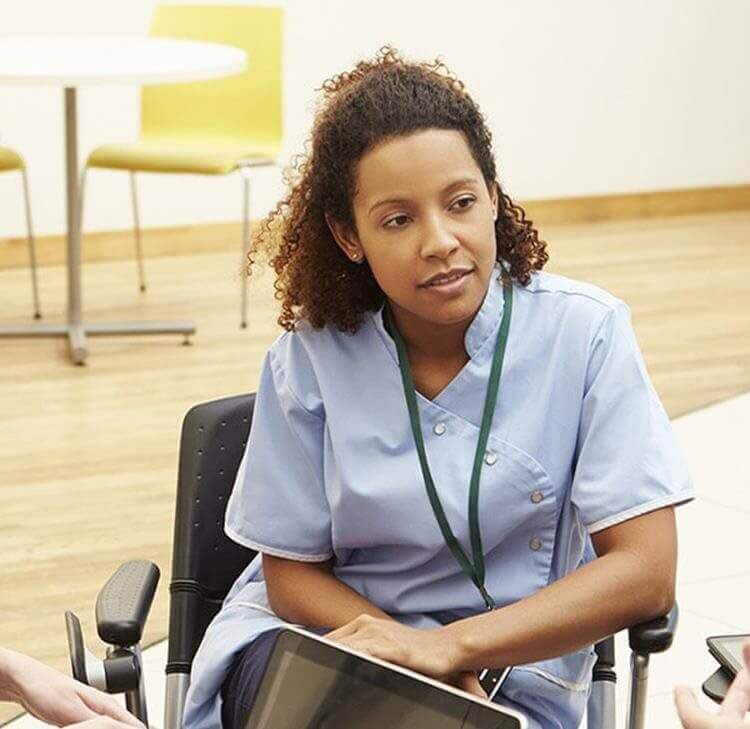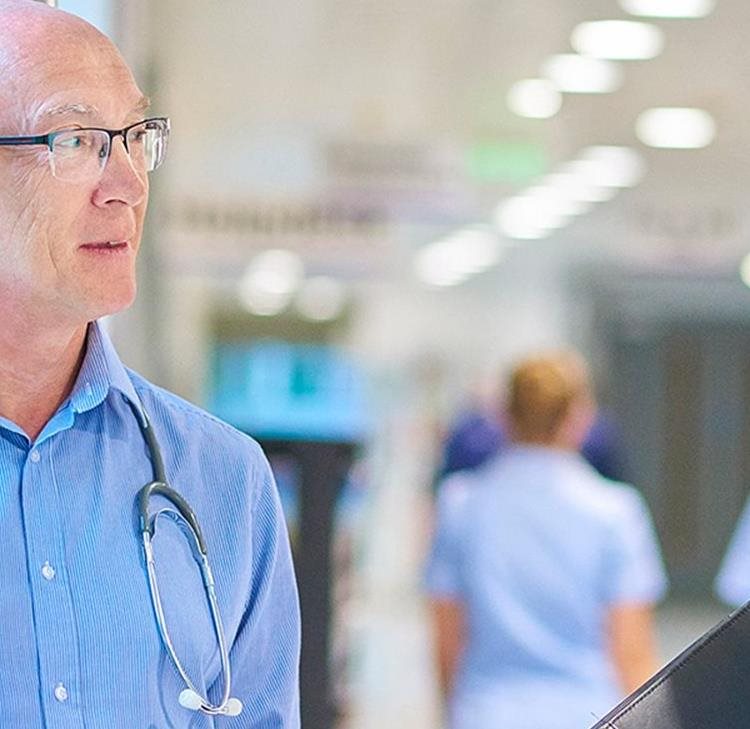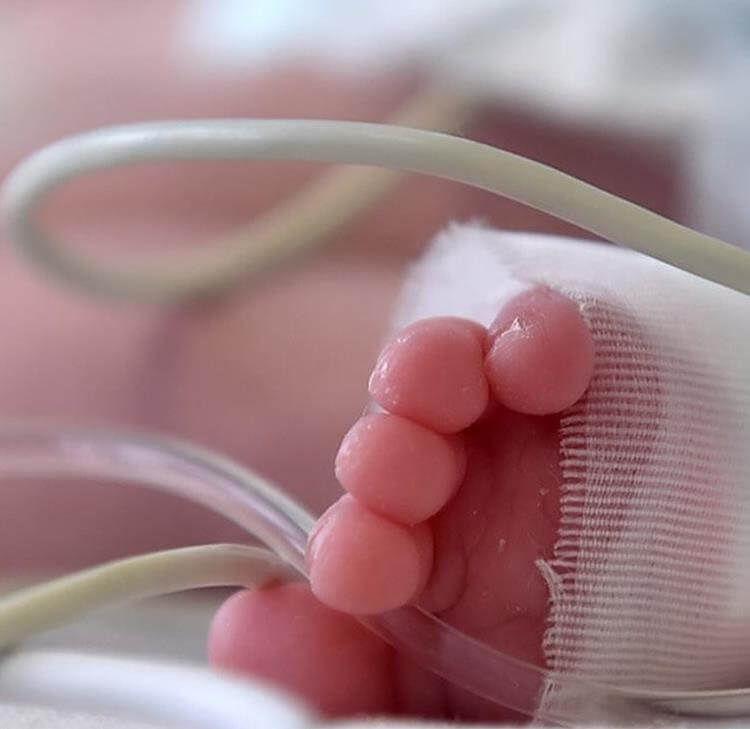
Amelia Newbold
Risk Management Lead
Nottingham
Amelia.Newbold@brownejacobson.com
+44 (0)115 908 4856
Amelia leads on the clinical risk management support we provide to NHS Resolution, NHS trusts and our other health clients. With many years’ experience as a solicitor resolving clinical negligence claims, Amelia works in close partnership with clients to identify and share learning from incidents, complaints, claims and inquests, helping to improve patient safety and also, hopefully, reduce litigation.
Amelia’s work includes undertaking thematic analyses of data from a variety of sources to highlight and examine specific trends and inform quality improvement work. Wherever possible, Amelia shares key learning more widely across organisations and where appropriate, connects organisations with similar challenges to share knowledge and develop solutions.
Amelia also provides advice on writing incident investigation reports and regularly provides training to clients on topics including supported decision making and duty of candour.
Expertise
You may be interested in...
Legal Update
World Patient Safety Day 2025: Safe care for every newborn and every child
On-Demand - Shared Insights
Shared Insights: Consent and supported decision making
Legal Update - Shared Insights
Shared Insights round-up: Summer 2024
On-Demand - Shared Insights
Shared Insights: Focus on the Patient Safety Incident Response Framework (PSIRF)
On-Demand - Shared Insights
Duty of Candour review: Submission to the Department of Health and Social Care
Legal Update - Shared Insights
Shared Insights round up - Spring 2024
Legal Update
The importance of including temporary staff in NHS patient safety investigations
On-Demand - Shared Insights
Mock inquest: Guide to giving evidence remotely at a coroner’s inquest
On-Demand - Shared Insights
Shared Insights: Improving communication with patients and families when responding to incidents, complaints and claims
Legal Update
Improving patient safety incident and complaint responses to rebuild broken trust
On-Demand - Shared Insights
Shared Insights: Coroners’ Question Time
Opinion
The Patient Safety Incident Response Framework (PSIRF) and its impact on maternity services
On-Demand - Shared Insights
Shared Insights: The Patient Safety Incident Response Framework
Guide
Highlights from the Health and Care Connect Conference
On-Demand - Shared Insights
Shared Insights: Focus on emergency medicine
Opinion
Learning from Emergency Medicine compensation claims
Every year a high number of patients attend Emergency Departments (EDs) in England, often presenting with complex and wide-ranging symptoms. Many of these challenges were explored in the Getting It Right First Time Emergency Medicine Report, published in 2021.
Legal Update
The Ockenden Final Report – a blueprint for safe maternity care from ward to Board
The much anticipated final Ockenden report was published on 30 March 2020. The final report sets out the findings of the review into care provided to 1,486 families, and sets out a blueprint for safe maternity care.
On-Demand - Shared Insights
Shared Insights: Implementing the Ockenden Immediate and Essential Actions for safe maternal and newborn care
On-Demand - Shared Insights
Shared Insights: Key themes arising from obstetric claims and inquests
Opinion
Increasing organisational resilience in maternity services
On 12 November 2020, the HSIB published its latest national investigation report on maternity safety - what are the likely implications for maternity services?
On-Demand - Shared Insights
Shared Insights: The impact of the Covid-19 pandemic on consent
On-Demand - Shared Insights
Shared Insights: Learning from claims - effective triangulation of data
On-Demand
Safer consenting in the Covid-19 world and beyond
The role of digital tools and how they can be used to help inform and educate patients about their medical condition and treatment options, saving valuable time.













